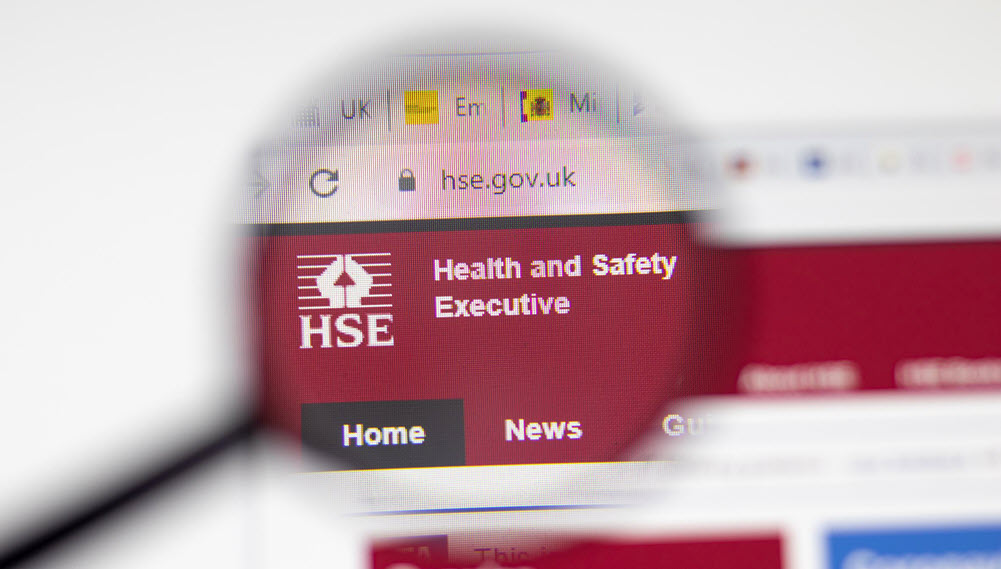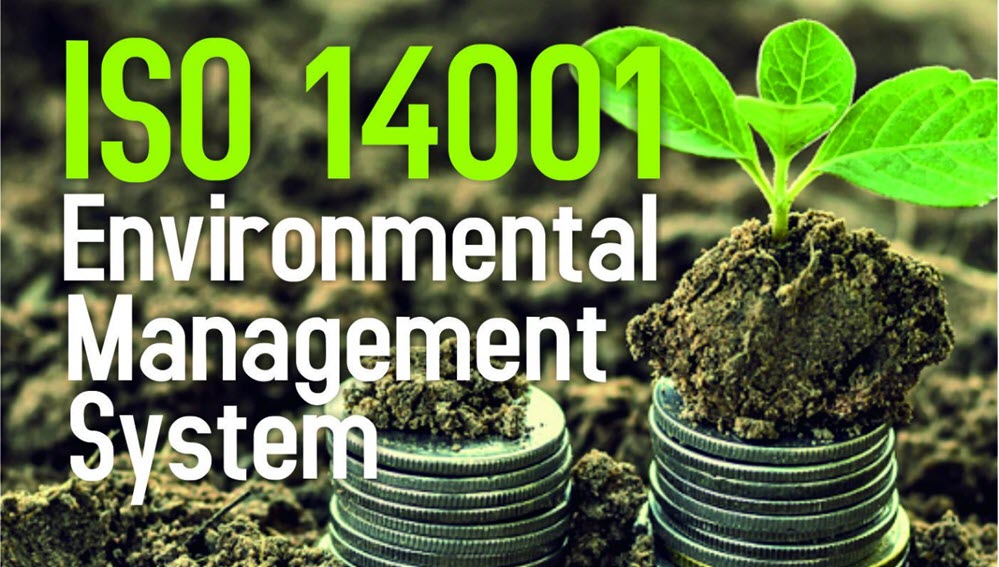EQMS Blog

Health And Safety Regulations in UK That You Need to be Aware of
Health and Safety Regulations in the UK
Health and safety regulations in the UK are designed to protect workers and the public from harm. These regulations cover a wide range of industries and workplaces, from construction sites to offices. They are enforced by the Health and Safety Executive (HSE).
If you are a business owner or manager, it is your responsibility to ensure that your workplace complies with all relevant health and safety regulations. Failure to do so can result in fines, legal action, and even the closure of your business.
Here some of the key health and safety regulations in the UK that you need to be aware of.
The Health and Safety at Work Act 1974
The Health and Safety at Work Act 1974, is the primary legislation governing health and safety in the UK. It outlines the general duties of employers, employees and the self-employed.
Under the Act, employers are responsible for providing a safe working environment, provide information, instruction and training to employees. They need to ensure that equipment is maintained and safe to use. Employees, on the other hand, are responsible for following safety procedures and taking reasonable care of their own health and safety.
Risk Assessments
One of the most important aspects of health and safety in the UK is the risk assessment. A risk assessment is a careful examination of what could cause harm to employees, so that you can weigh up whether you have taken enough precautions or should do more to prevent harm. You need to consider the likelihood and the severity of that harm and decide whether you have done enough to mitigate the risks.
All businesses are required to carry out a risk assessment and it must be reviewed regularly to ensure that it remains up-to-date. The risk assessment should identify any potential hazards in the workplace and the measures that have been put in place to mitigate those hazards.
Fire Safety
Fire safety is a crucial aspect of health and safety in the UK. Businesses must have a fire risk assessment in place, which should include regular fire drills, the provision of fire extinguishers and the installation of smoke detectors and fire alarms.
In addition, businesses must appoint a fire safety officer who is responsible for ensuring that the fire risk assessment is adhered to. The fire safety officer must also carry out regular checks on the fire safety equipment to ensure that it is in good working order.
Manual Handling
Manual handling refers to any activity that involves the lifting, pushing, pulling, or carrying of objects. This is a common cause of workplace injuries and it is important that businesses take steps to minimise the risk of injury.
All employees who are required to carry out manual handling tasks should be provided with appropriate training. This should cover the correct lifting techniques, the use of equipment and the importance of taking breaks to avoid fatigue.
Personal Protective Equipment
Personal protective equipment (PPE) is equipment designed to protect workers from injury or illness. This can include items such as safety helmets, gloves and safety glasses.
Employers are responsible for providing PPE to their employees where necessary and employees must be trained in the correct use of the equipment. It is important that PPE is regularly inspected and maintained to ensure that it is still providing adequate protection.
Asbestos
Asbestos is a dangerous substance that can cause lung cancer and other serious illnesses. It was widely used in construction in the UK until it was banned in 1999, but it is still present in many older buildings.
If you are a business owner or manager, it is your responsibility to ensure that your workplace does not contain asbestos. This may require a specialist survey, and any asbestos found should be removed by a licensed contractor.
Conclusion
Health and safety regulations in the UK are of utmost importance to ensure the safety of employees and the general public. It is crucial for business owners and managers to be aware of the regulations and take the necessary steps to comply with them.
The HSE is responsible for enforcing these regulations, and failure to comply can result in serious consequences. It is essential to have a thorough understanding of the risks in the workplace and take the necessary measures to minimise them.
Remember, the goal of health and safety regulations is not only to prevent harm to employees, but also to create a culture of safety in the workplace. A safe work environment will not only reduce the risk of accidents, but it will also increase employee satisfaction and productivity.
If you have any questions or concerns regarding health and safety regulations in the UK, it is recommended that you consult with a specialist or seek advice from the HSE. By working together, we can ensure that workplaces in the UK are safe and secure for all.
If you are interested in support with implementing an ISO 45001 Occupational Health & Safety Management System (OHSMS), then feel free to contact us for a free consultation. We also conduct Legal Compliance Audits if you are interested validating how well you comply with statutory and regulatory requirements.
Continue to ISO 45001 Consultants

Request a free consultation
Contact us to discuss your needs and see how we can support to reach your goal.

Recent posts

In today's digital age, businesses are constantly exposed to various cyber threats. As a result, companies must adopt a proactive approach to cybersecurity to prevent data breaches, theft, and other...

Quality management systems are essential in ensuring that organisations can deliver quality products and services consistently. The International Organisation for Standardization (ISO) developed the ISO 9001 standard to help organisations...

ISO 14001 is a globally recognised standard for environmental management systems (EMS) that helps organisations manage their environmental impact and improve their sustainability performance. Obtaining this certification demonstrates a company's...
Just a Few of Our Clients
Request a Free Consultation
Contact us to discuss your needs and see how we can support to reach your goal.












